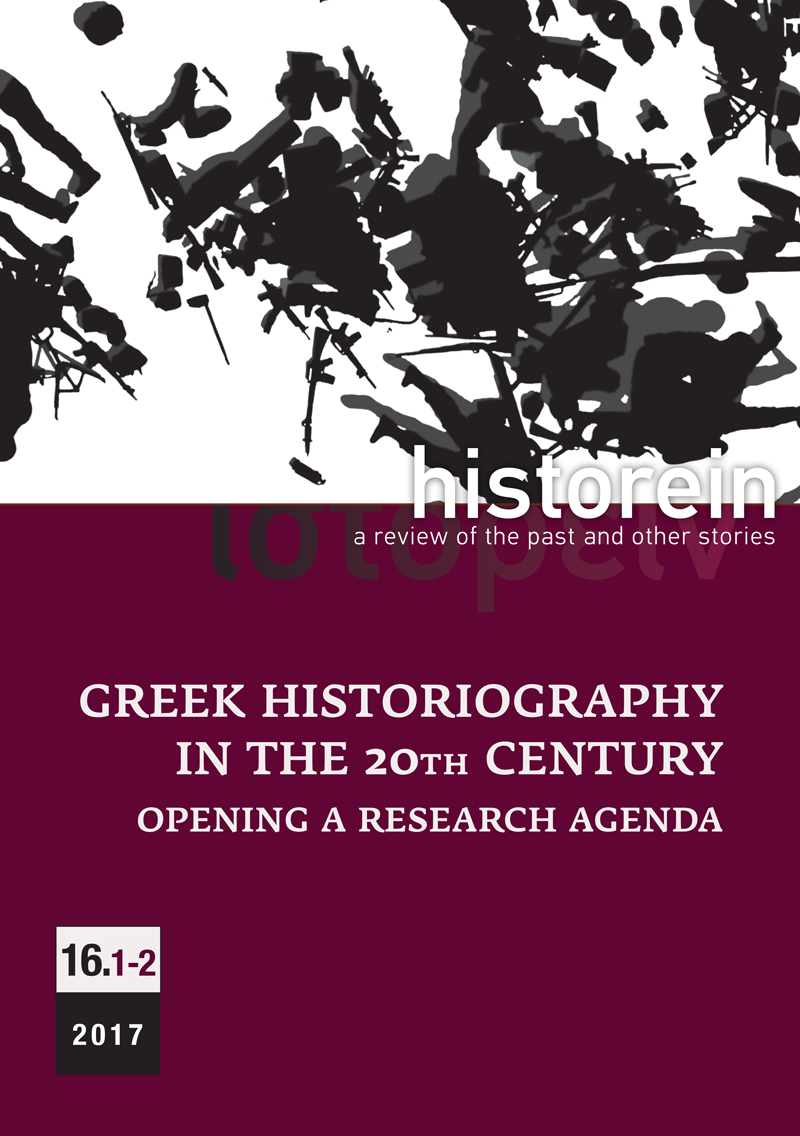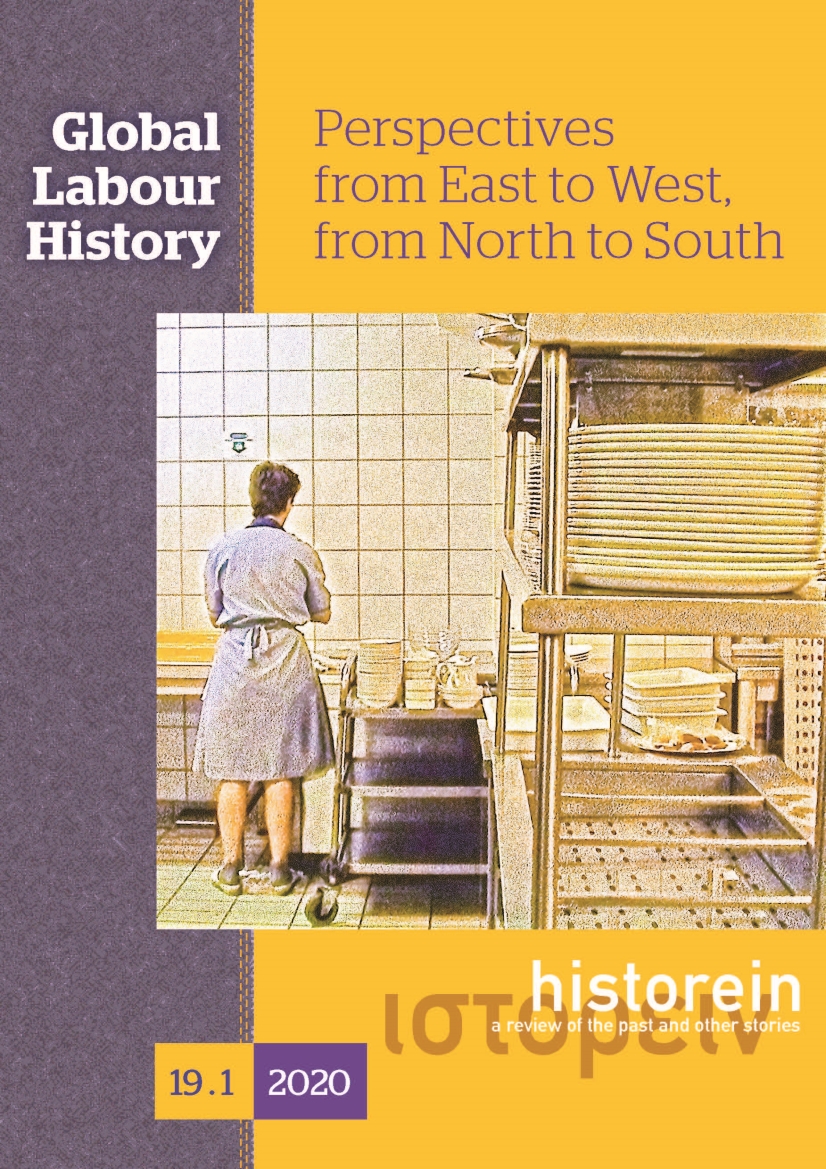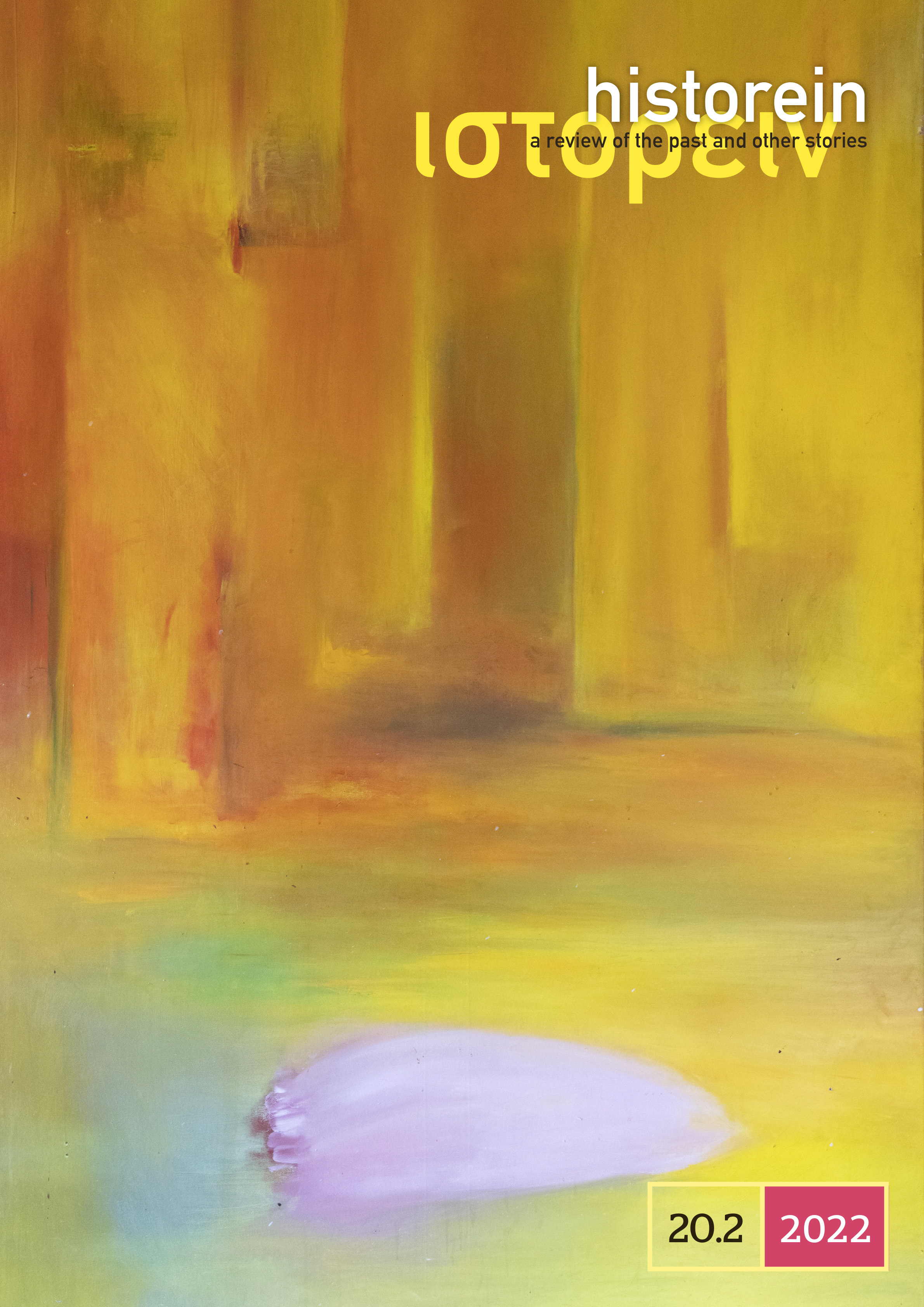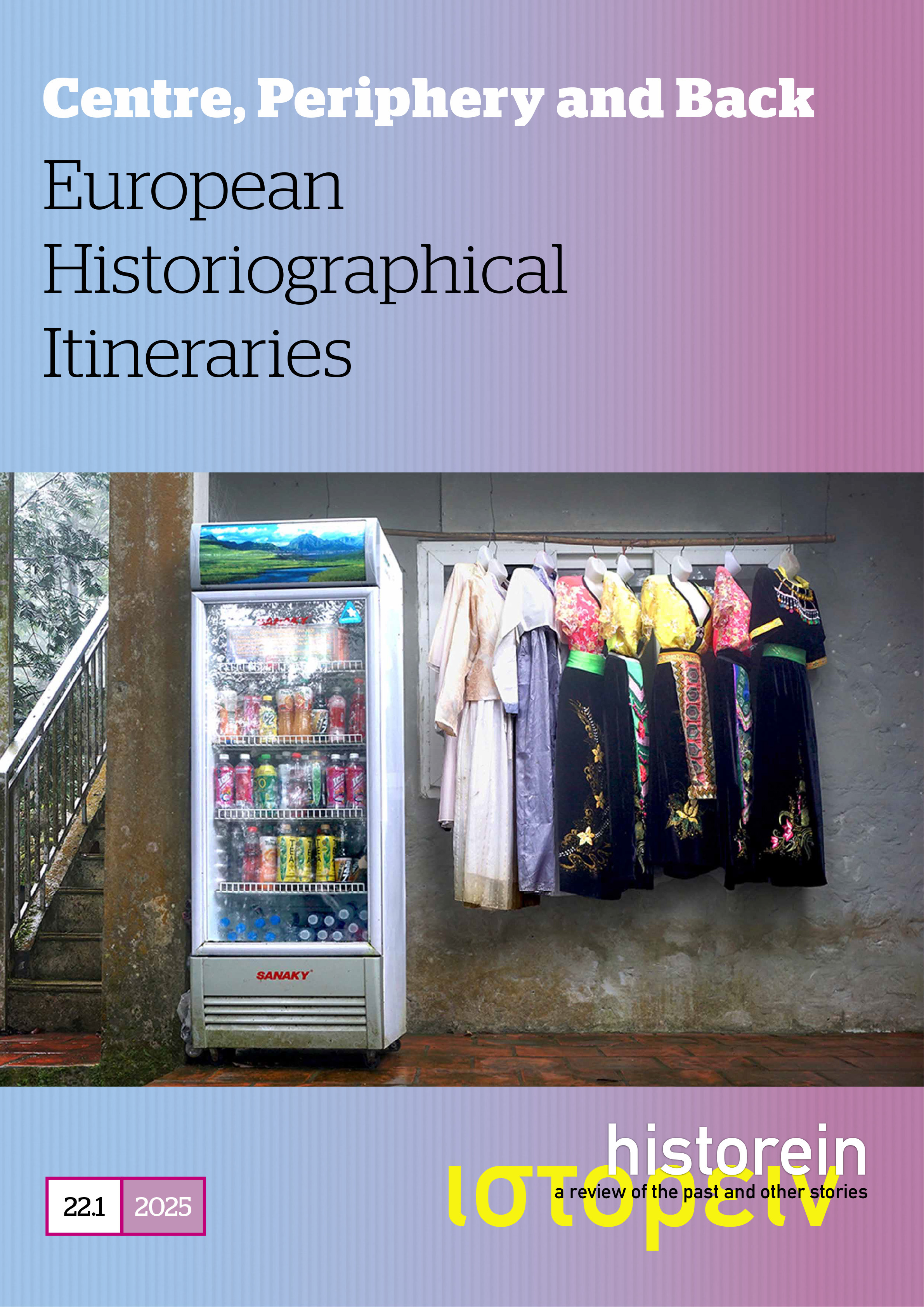The First World War and the refugee crisis: historiography and memory in the Greek context

Abstract
The paper aims to trace the historiographical construction of the Great War in the Greek national narrative. Its main argument is that although the First World War was more or less a shared experience among its participants, the way it was constructed as an event is aligned not to the experience as such, but to the national discourse that subsequently prevailed. In the Greek case, its historiographical construction took place in three main stages: the first during the interwar period, when the temporal framework of the event were set (the war decade of 1912–1922) and the interest was mainly in the military and political aspects. The second stage developed after the Second World War, when there was a turn towards testimonies and the field of refugee studies was shaped. It was during this stage that the memory of the refugees found its place in the national narrative. The third stage began in the last quarter of the twentieth century, when a split developed in the way the event is constructed in public and lay history and in the way it is constructed in academic historiography, where the limits of national historiographies are critiqued.
Article Details
- How to Cite
-
Salvanou, E. (2017). The First World War and the refugee crisis: historiography and memory in the Greek context. Historein, 16(1-2), 120–138. https://doi.org/10.12681/historein.10027
- Section
- ARTICLES

This work is licensed under a Creative Commons Attribution-NonCommercial-ShareAlike 4.0 International License.
The copyright for articles in this journal is retained by the author(s), with first publication rights granted to the journal. By virtue of their appearance in this open access journal, articles are free to use (with the exception of the non-granted right to make derivative works) with proper attribution for non-commercial uses (licence Creative Commons 4.0). EKT/NHRF retains the worldwide right to reproduce, display, distribute, and use articles published in Historein in all formats and media, either separately or as part of collective works for the full term of copyright. This includes but is not limited to the right to publish articles in an issue of the Journal, copy and distribute individual reprints of the articles, authorize reproduction of articles in their entirety in another EKT/NHRF publication, and authorize reproduction and distribution of articles or abstracts thereof by means of computerized retrieval systems.





